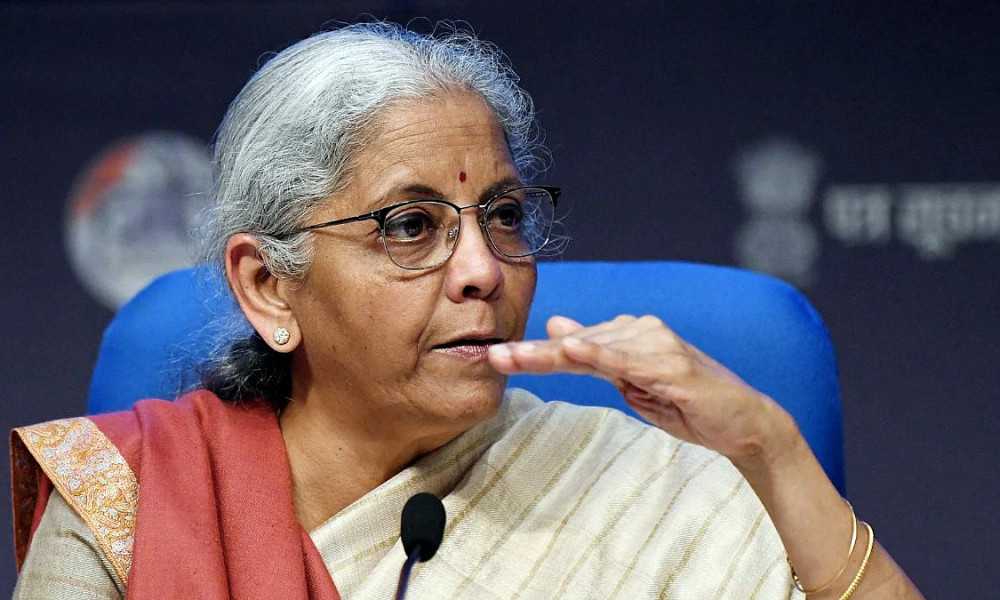The Lok Sabha has given the green light to the Income Tax (No 2) Bill, 2025, along with the Taxation Laws (Amendment) Bill. This marks a major shift in India’s direct tax system, replacing the decades-old Income Tax Act of 1961. The bill now moves to the Rajya Sabha before it can become law. Once enacted, it promises to simplify tax compliance for millions of taxpayers.
The Finance Ministry has dubbed the new framework SIMPLE, an acronym that stands for key reforms aimed at making tax laws more user-friendly. Here’s what that means for you.
**Plain Language, Clear Structure**
Gone are the days of convoluted tax jargon. The new bill rewrites provisions in plain language, consolidating them into a single Act. Tables and structured formatting will replace ambiguity, and FAQs will help taxpayers navigate the rules without confusion.
**Streamlining and Best Practices**
The bill eliminates redundant clauses and simplifies cross-references. It adopts global best practices while preserving India’s core tax principles. This means fewer headaches when interpreting the law.
**Procedural Reforms for Compliance**
Several pain points have been addressed. The deadline for correcting TDS statements has been cut from six years to two. Loss carry-forward rules are clearer, and high-earning professionals must now use specified digital payment modes.
**Relief for Late Filers**
Good news for procrastinators. Late filers can still claim refunds, and missed TDS submissions won’t trigger penalties. This is a significant shift from the current strict enforcement.
**Restoration of Key Exemptions**
Some exemptions proposed for removal in earlier drafts have been brought back. Anonymous donations to mixed-object trusts are safe, and taxpayers can claim TDS refunds without rigid deadlines.
**Sector-Specific Benefits**
The bill also brings targeted relief. Deductions for commuted pensions and inter-corporate dividends under Section 80M are reinstated. Property valuation rules now consider the higher of expected or actual rent. Nil-TDS certificates are back for those without tax liabilities, and religious trusts get a break on anonymous donations.
Foreign investors aren’t left out. Saudi Arabia’s public investment funds will enjoy direct tax benefits, and sovereign wealth funds get additional relief under the Taxation Laws (Amendment) Bill.
Other changes include replacing the dual financial and assessment year system with a single ‘tax year’ and aligning MSME definitions with the MSME Act. Tax slabs remain unchanged, and court-defined terms stay as they are.
This overhaul is set to make tax compliance simpler, clearer, and less stressful. For taxpayers, it’s a welcome step toward a more transparent system.

